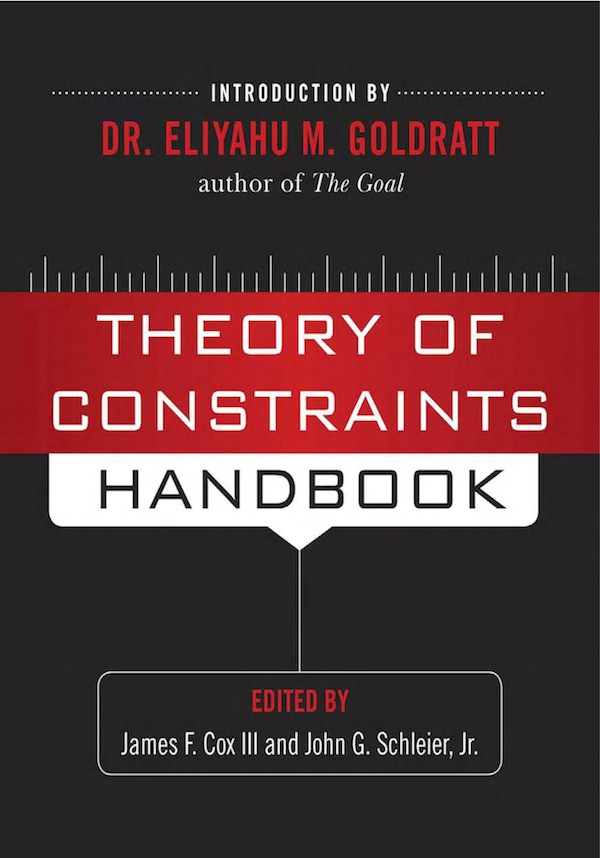TOC for Education (Chapter 26 of the Theory of Constraints Handbook)
Kathy SuerkenInfo
Level of TOC knowledge acquired:
Introductory and IntermediateLength:
28 pagesDesigned for:
AcademicsTopics:
Thinking ProcessesIndustries:
EducationLanguage:
EnglishFormat:
DownloadShare
Recommend
This is an individual chapter of Theory of Constraints Handbook. The purpose of this chapter is to convey how the TOC thinking and communication tools are being used to enable students of all ages and cultures to take responsibility for what they learn and how they behave.
These logic based tools provide the questions and methodology for learners to systematically derive -- and take ownership of -- answers to problems whether they are in a text book, on the playground or in a stalled improvement plan. Compelling case studies, testimonials and academic research will demonstrate how and why these simple, graphic, and practical tools:
- Enable students to analyze rather than memorize.
- Address issues of bullying and impulsive behaviors.
- Make learning relevant to everyday life.
- Differentiate instruction for students with disparate levels of knowledge, skills and interest.
- Enable students to learn curriculum and life skills at the same time.
- Are simple enough to be used by kindergartners but profound enough to be used by CEOs.
Content:
- Why Change?
- What to Change?
- What to Change to?
- How to Cause the Change?
- A Process of Ongoing Improvement
Comprehensive coverage of the Theory of Constraints
Complete Table of contents of the Theory of Constraints Handbook
- I: What is TOC?
- II: Critical Chain Project Management
- III: DBR, Buffer Management, and Distribution
- IV: Performance Measures
- V: Strategy, Marketing, and Sales
- VI: Thinking Processes
- VII: TOC in Services
- VIII: TOC in Complex Environments
- Theory of Constraints in Complex Organizations
- Applications of Strategy and Tactics Trees in Organizations
- Complex Environments
- Combining Lean, Six Sigma, and the Theory of Constraints to Achieve Breakthrough Performance
- Using TOC in Complex Systems
- Theory of Constraints for Personal Productivity/Dilemmas
- IX: Summary
About the Authors:
James F. Cox III, Ph.D, CFPIM, CIRM, holds TOCICO certifications in all disciplines. He is a Jonah's Jonah, Professor Emeritus, and was the Robert O. Arnold Professor of Business in the Terry College of Business at the University of Georgia. Dr. Cox has written three books on TOC.
John Schleier holds TOCICO certifications in all disciplines. He was President and Chief Operating Officer of the Mortgage Services Division of Alltel, Inc., Executive Vice President of Computer Power, Inc., and Director of Office Systems and Data Delivery for IBM.







































